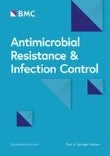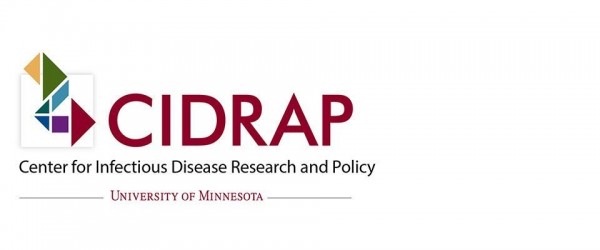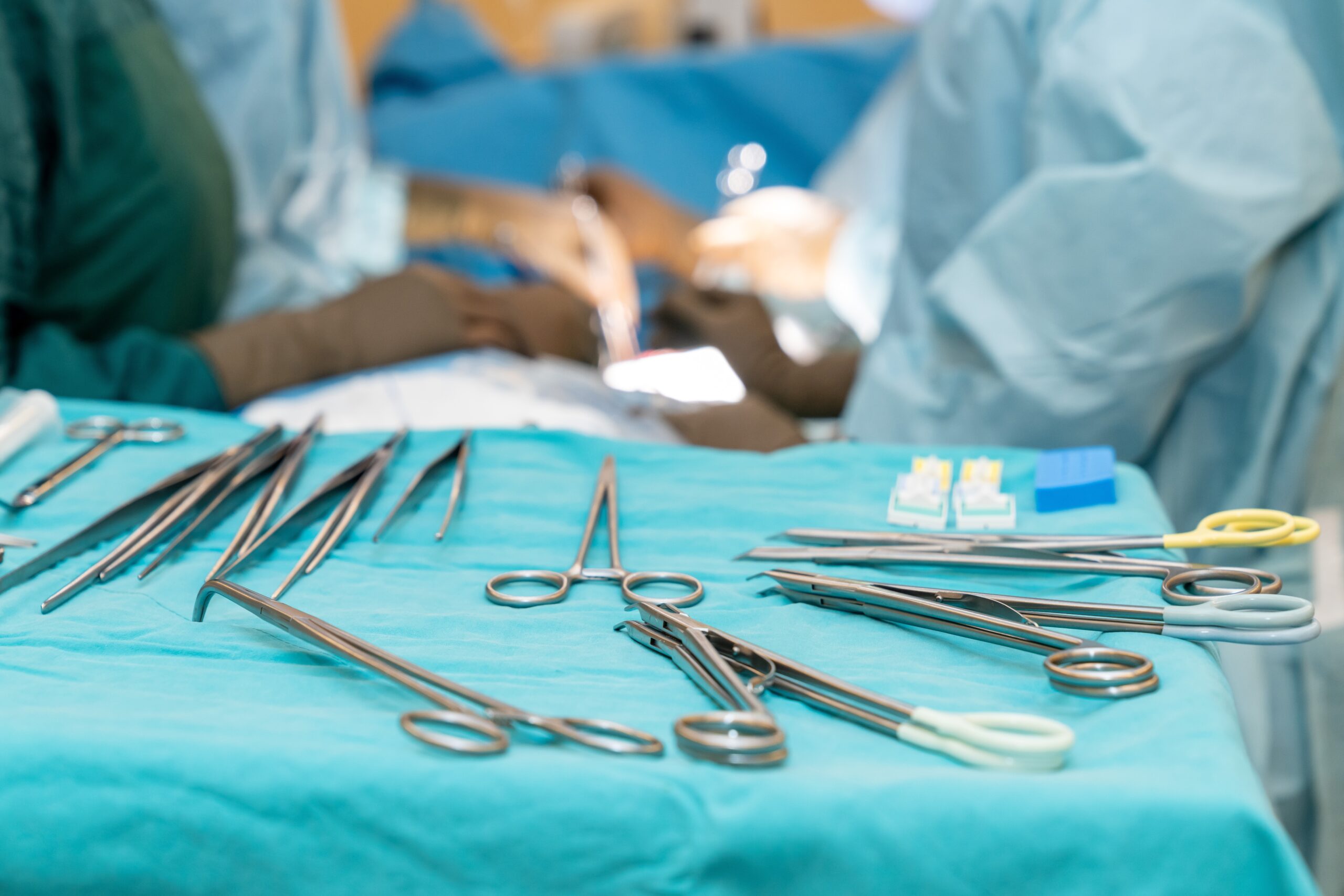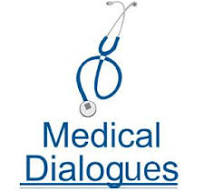
Editor's Note Reducing the number of OR personnel during preparation of sterile surgical goods significantly lowers airborne bacterial contamination, according to a randomized controlled trial published June 15 in Antimicrobial Resistance & Infection Control. The study measured contamination levels during sterile setup for 69 open-heart surgeries, comparing rooms with two…

Editor's Note New and revised sterilization and reprocessing standards are reshaping the landscape for sterile processing departments, placing greater emphasis on chemical modalities, device-specific protocols, and system-wide quality management, according to the Healthcare Purchasing News May 27 update on compliance and standards. Among the most significant developments is the overhaul…

Editor's Note A new digital resource is helping hospital leaders strengthen infection prevention efforts by focusing not just on bedside protocols, but on management strategies proven to reduce healthcare-associated infections (HAIs). The “SMART Toolkit,” developed by researchers at The Ohio State University and launched in July 2022, offers a free,…

Vaccine health has been dominating the news amid ongoing measles and whooping cough outbreaks and high influenza activity last season. It is also on the minds of The Joint Commission surveyors, as the organization has updated infection control standards that took effect in July 2024 for hospitals and critical access…

Editor's Note Influenza and RSV infections more than double the risk of secondary Streptococcus pneumoniae infection, while COVID-19 is associated with a significantly reduced risk, according to a June 2 news brief from the Center for Infectious Disease Research and Policy (CIDRAP). The findings stem from a retrospective study of…

Editor's Note Researchers studying the exposure of sterile surgical slush to open air urge the adoption of closed-system technology to alleviate risks to sterility and surgical outcomes, according to a May 19 article in OR today. The article focuses on a time and motion study led by perioperative nursing leaders…

Preventing infection from contaminated surgical tools requires attention to every link in a complex chain of processes, from point-of-use pretreatment in the OR to the moment the freshly disinfected or sterilized item arrives at the next patient’s bedside. For those on the front lines, manufacturers’ written instructions for use (IFUs)…

Editor's Note Recent research shows robotic-assisted cholecystectomy (RAC) results in similar bile duct injury rates as laparoscopic cholecystectomy (LC), but risks are higher for postoperative complications, longer hospital stays, and more frequent drain use. Published May 21 in JAMA Surgery, the large-scale cohort study analyzed outcomes from over 844,000 acute…

Editor's Note Although health system layoffs so far involve mostly non-clinical staff, the cuts nonetheless threaten both hospital operations and patient safety, according to a May 21 article in Modern Healthcare. As detailed in the article, thousands of nonclinical workers—such as those working in nutrition, janitorial, and sterile processing—have been…

Editor's Note Air quality in cardiac ORs may be a silent driver of surgical site infections (SSIs), with airborne contamination linked to significantly elevated infection risk and mortality—especially when ventilation is suboptimal. A newly published study covered by Medical Dialogues May 19 reveals that one-third of bacteria in cardiac procedures…